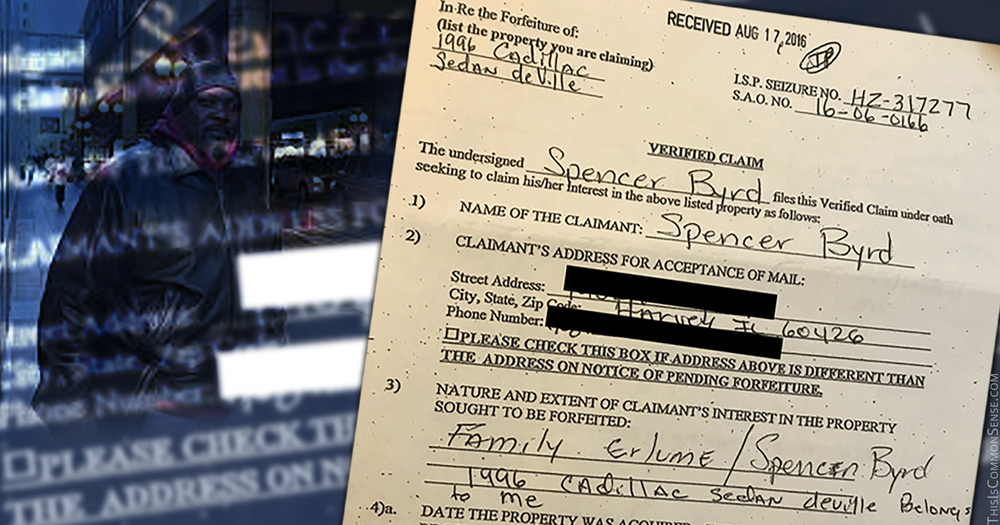Without a special kicker, why should police bother to do their jobs?
The subject is civil asset forfeiture. This legal procedure makes it easy to take property from criminals. For the War on Drugs, civil forfeiture was so loosened as to allow police to take property from anyone . . . without due process.
No wonder citizens in a number of states have demanded limits upon the practice.
But since police departments get to keep the loot they “interdict” — spending it on better cars, weapons, office furniture, plush employee lounges, drug-sniffing dogs — law enforcement personnel aren’t exactly always on board with citizens’ concerns.
Jarrod Bruder, South Carolina Sheriff’s Association executive director, defends the sorry practice, as quoted by Greenville News. He asks what, sans civil forfeiture’s profit motive, could be a cop’s “incentive to go out and make a special effort?”
Dollars to donuts, this will not play well with those who distrust the police already.
And note the biggest incentive police face: to take property away from innocent people. Easier pickin’s. No surprise, then, that in “19 percent of cases, there is no criminal arrest.”*
Meanwhile, Senator Ted Cruz (R-Tex.) has suggested that President Trump take the confiscated billions from the accounts of drug kingpin El Chapo to “build the Wall.”
Genius?
Regardless, this mere suggestion could add incentives for pro-Wall Republicans to go soft on civil asset forfeiture.
There is no point in being secure within our borders if we are not secure within our homes and wallets and cars and . . . any other place jeopardized by this police-state practice.
This is Common Sense. I’m Paul Jacob.
*Blacks represent 71 percent of cases, while only 28 percent of the state population.

Photo Credit: Chase Carter on Flickr
—
See all recent commentary
(simplified and organized)









